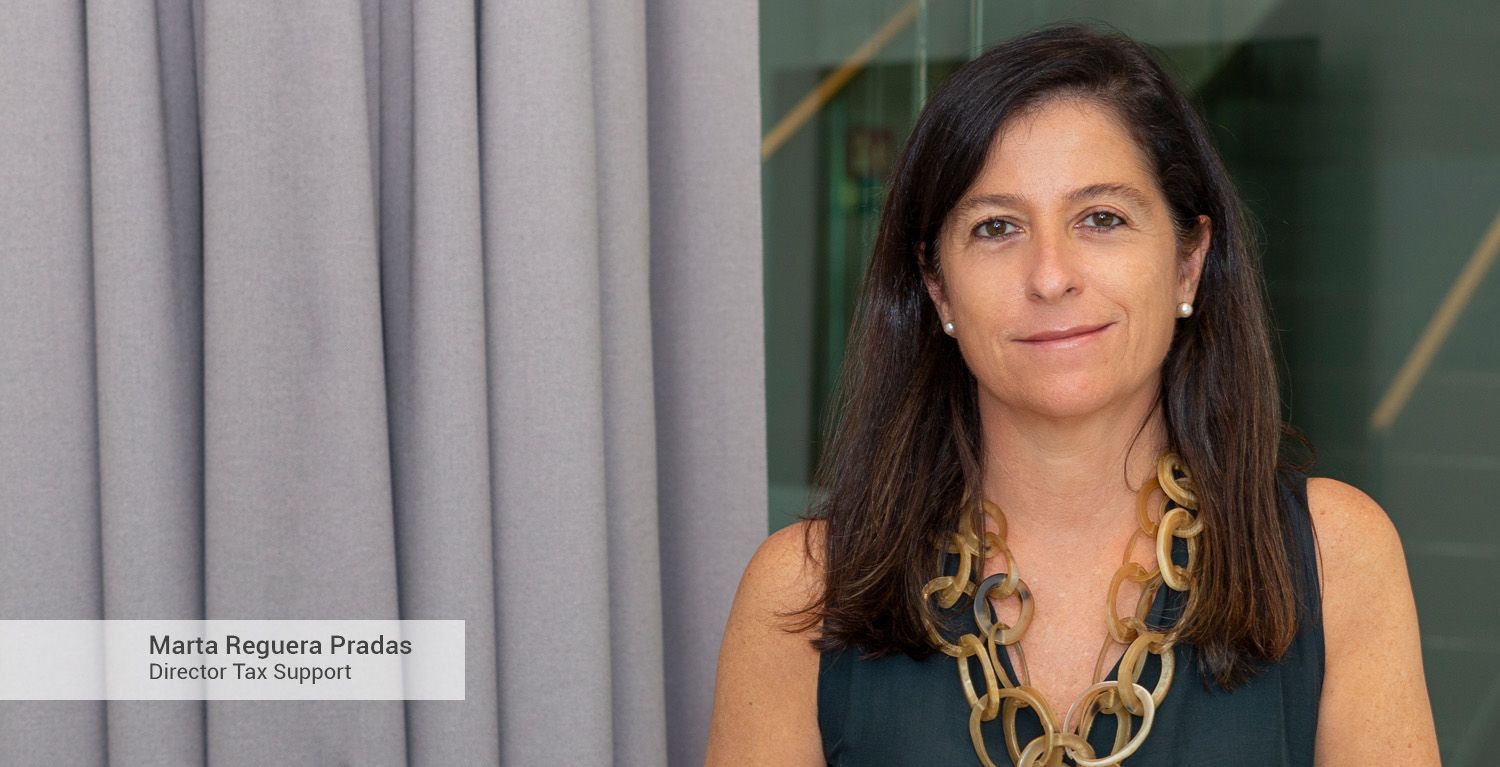The property tax (Impuesto sobre Bienes Inmuebles, IBI), is a local tax of compulsory imposition by the local town halls, taxing on ownership and other rights that fall on such property. There are, however, a number of obligations that local town halls must take into account, including those applicable to those who are going to carry out construction or rehabilitation work. Therefore, companies that will start building or rehabilitating can request a tax relief in the property tax (IBI) fee.
Law regulating Local Tax
Article 73.1 of the Local Tax Law (RDLeg 2/2004) establishes a mandatory tax relief on the IBI. This tax relief may be between 50 and 90 per cent of the total tax charge.
The features of the tax relief are as follows:
- The quota of the IBI must fall on properties that:
- Are the objects of the activity of urbanization, construction and real estate development companies.
- Whether it is a new work or a rehabilitation work comparable to the new work.
- Real estate must not be included in the fixed assets of the tax payer.
- The tax relief must be requested by the taxable subject concerned before the start of the works.
- The application of the tax relief covers from the tax period after the date on which the construction work begins to the date after its conclusion, as long as urbanization or construction work is actually carried out during that period.
- The tax relief cannot exceed three tax periods, even though the works last longer.
It must be considered that this tax relief, as it is requested, is not applied automatically, so if it is not requested to the corresponding local town hall before the beginning of the works, then the right to its application is lost. For this reason, when starting to carry out urbanization or construction works, it is important to remember to request the tax relief from the Local Town Hall.
The Law sets a range of applicable tax relief percentages which, as mentioned above, range between 50 and 90 per cent, with each Local Town Hall exercising the power to apply one percentage or another within these limits. Nevertheless, in case the Local Town Hall has not established any, article 73 of the Local Taxes Law stipulates that, if there is no municipal agreement, the maximum tax relief percentage will be applied, i.e. 90%.
Therefore, the tax relief percentage will depend on each Local Town Hall. For example, Madrid or Barcelona Town Halls include in their Tax Regulations the 90% maximum percentage. However, Seville Town Hall applies a 70% tax relief.
Deadlines
Although this is a compulsory tax relief, and therefore mandatory application by all Local Town Halls, it is important to highlight that under no circumstances the Town Hall will apply it automatically. The interested party must request such a tax relief before starting the works, as it is a requested one.
Concurrently, the Local Taxes Law stipulates that the tax relief will be applied for up to three tax periods with no possibility of being extended to future periods, even if the works have a longer term.
The purpose of this tax relief is to reduce the excessive tax burden of those companies whose activity is related to the construction or real estate development, during construction time. As a result, the tax relief is limited to properties that represent the purpose of its activity, and it is a requirement for its use that such properties are recorded as inventories.
Therefore, it is advisable to keep an eye on this tax relief. Companies of urbanization, construction and real estate development that have the requirements will be able to benefit from considerable savings in taxes; not only because of the amount of the quota to be reduced but also because this reduction can be applied over three tax periods.
All information contained in this publication is up to date on 2019. This content has been prepared for general guidance on matters of interest only, and does not constitute professional advice. You should not act upon the information contained in this chart without obtaining specific professional advice. No representation or warranty (express or implied) is given as to the accuracy or completeness of the information contained in this content, and, to the extent permitted by law, AUXADI does not accept or assume any liability, responsibility or duty of care for any consequences of you or anyone else acting, or refraining to act, in reliance on the information contained in this chart or for any decision based on it.



